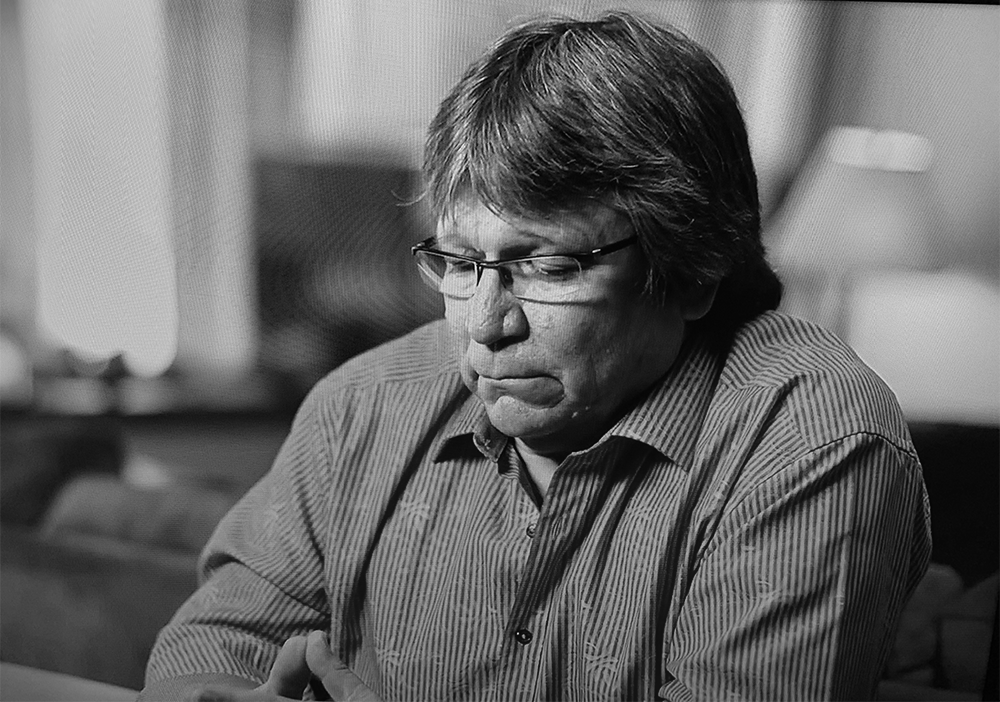The only person defending Larry Demmert, Jr. was Mary Anne Henry. Characterically, she saved her strongest words for the tactics of the defense. She said that Weidner’s “attacks on his person” made it difficult for Demmert. She noted, for instance, Weidner’s pains to call attention to Demmert’s blinking eyes. Those questions, Henry said, were attempts to “unfairly use Larry’s nervous habits and try to twist them into evidence of lying.”

Henry had a point. Experienced liars can be the calmest people in the courtroom, not the most nervous. They honestly believe their own bullshit.
Witnesses and innocent suspects may exhibit these indicators just because testifying in a courtroom is anxiety-inducing, resulting in them being judged deceptive—a false-positive—whereas guilty suspects may be sufficiently coached and rehearsed as to be judged truthful—a false-negative.
“Separating the Wheat From the Chaff: Guidance From New Technologies for Detecting Deception in the Courtroom,” Frontiers in Psychiatry
Judee K. Burgoon
Henry stayed at it, determined to keep on defending her witness.
She said that the defense was able to get away with so much in its questioning of Demmert that “there really wasn’t much left” for the judge to protect. She also said it was unfair to pay so much attention to Demmert’s drug use. Larry Demmert, she said, was “at the wrong place at the wrong time. Should that mean all the skeletons should be taken out of the closet? No,” she insisted. “That’s not right.”
Henry also claimed that the expected defense attack against Larry Demmert’s credibility explained why he met with the prosecution in the months before the trial. Demmert requested those sessions, Henry said, because of “all the traps” he expected — and got — from Peel’s attorneys. “Weidner is one of the best at being able to manipulate witnesses in cross-examination,” Henry acknowledged. “Larry needed to know what might be thrown at him.”
Despite all the machinations of the defense, Henry said, Larry Demmert had done an excellent job of withstanding the blitzkrieg of “typical defense tricks.”
“He was basically baring his soul,” Henry said, “and considering all that, Larry Demmert did a very good job.”
Still, all the defending in the world couldn’t extinguish one poignant impression. Larry Demmert was a wounded witness. Whether he was mortally wounded was for the jury to decide.
Excerpts from the unpublished original manuscript, “Sailor Take Warning,” by Leland E. Hale. That manuscript, started in 1992 and based on court records from the Alaska State Archive, served as the basis for “What Happened in Craig.”
Copyright Leland E. Hale (2020). All rights reserved.

Order “What Happened In Craig,” HERE and HERE. True crime from Epicenter Press.